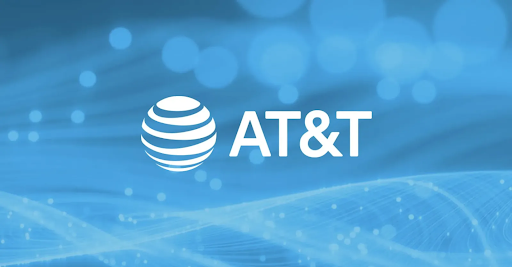AT&T recently confirmed a significant data breach affecting over 7.6 million current customers and 65 million former customers. The leaked information, which dates back to 2019 or earlier, includes personal details like names, addresses, phone numbers, and social security numbers. Fortunately, financial information and call history were not compromised.
In response to the breach, AT&T has reset passcodes for affected customers. Passcodes, usually four-digit numbers, serve as an additional layer of security when accessing accounts. However, security experts warn that the encrypted passcodes leaked alongside customer information could be easily deciphered, posing a risk of unauthorized account access.
Affected customers are advised to set up free fraud alerts with major credit bureaus and remain vigilant for any suspicious activity related to their accounts. AT&T is proactively reaching out to impacted customers via email or letter to inform them about the breach and the measures being taken to mitigate its impact.
AT&T is collaborating with cybersecurity experts to investigate the breach further. While there is currently no evidence of unauthorized access to its systems beyond the data leak, the company is committed to protecting customer data and preventing future incidents.
This isn't the first time AT&T has faced a data breach. In 2021, reports surfaced of a hacker claiming to have stolen customer records, though AT&T denied any breach at the time. The leaked data poses a significant risk to customers, as encrypted passcodes could be deciphered using surrounding personal information.
Customers are encouraged to select strong, unique passcodes and avoid easily guessable combinations. Regularly monitoring accounts for any unusual activity is also essential. AT&T assures customers that they are taking the breach seriously and actively working to safeguard their data.
As an AT&T customer, it's crucial to follow the company's guidance, stay informed about developments regarding the breach, and take proactive steps to protect your personal information.
